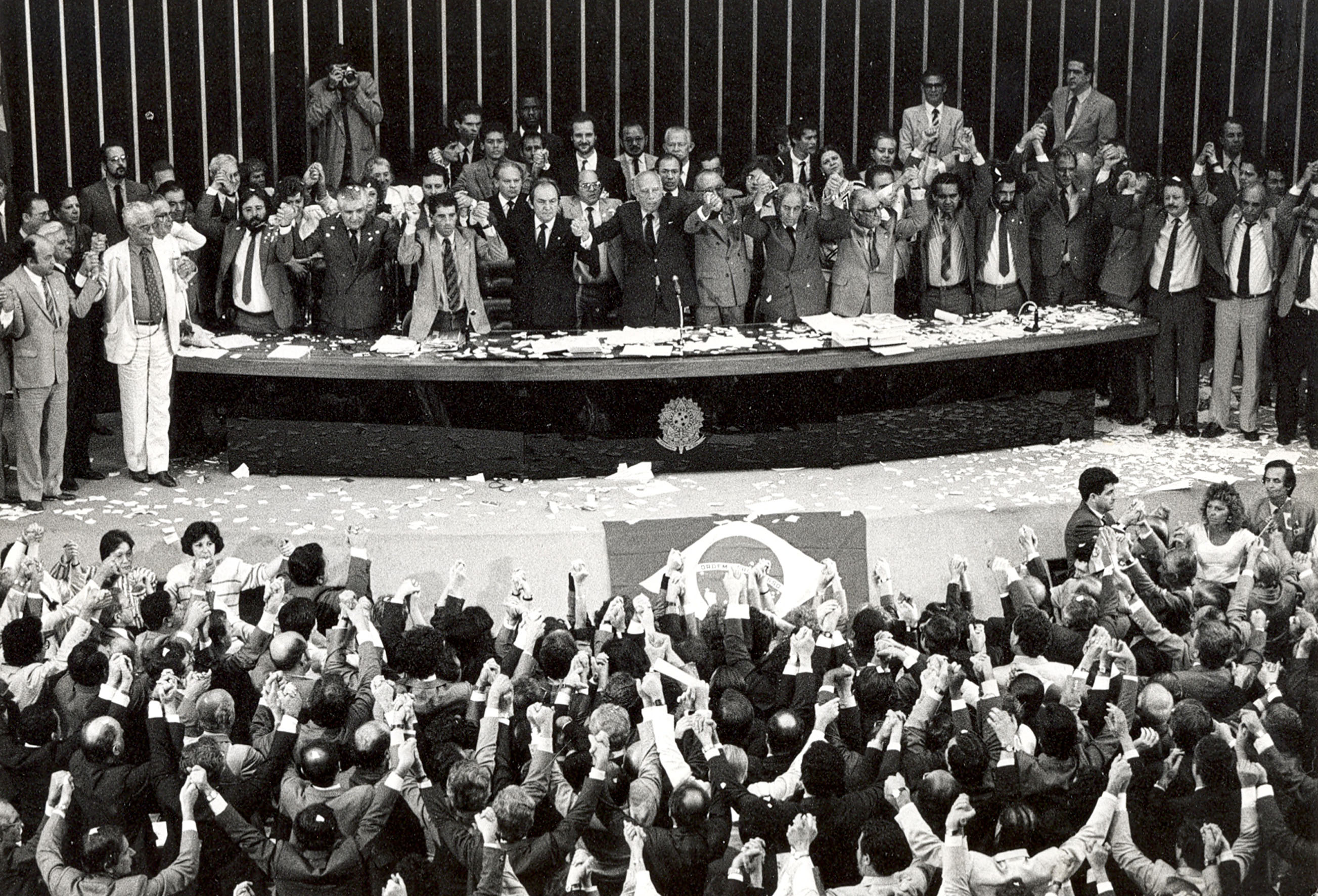Unable to mobilize the majority in their favor, the conservative strategy is to demobilize the most critical voters so that they protest by casting a blank ballot or abstention.
By Marcio Pochmann*
The 2018 general election – the 8th since the return to democracy in 1989 – is limited by an important contradiction. Despite its importance for breaking the impasse caused by the coup that led to the tragic rise of the Temer government, the population is showing a high level of frustration and lack of confidence in politics.
A poll conducted last year by the Paraná Institute shows that almost three quarters of Brazilian voters do not want to vote for the same Congressman they voted for in 2014. That year, although the country had a total of 141.8 million voters, only 97.2 million of them voted for a congressman. In other words, only 68.5% of the registered Brazilian electorate voted.
When considering only the votes received by the 513 federal congressmen and women elected in 2014 (58.1 million), Congress only represents 41% of the total number of voters. Furthermore, due to Brazil’s complex party regulations, only 36 members of Congress were actually elected due to their own popularity, with the other 477 installed due to the popularity of other candidates in their parties.
When comparing the profile of Congress with the composition of Brazilian society, enormous contrasts are evident. Women make up around 51.5% of the population, but barely reach 10% of Congress. Likewise, non whites make up less than 1/5 of Congress.
The working class is also severely underrepresented. For example, less than 5% of the population are businessmen, but they make up around 45% of Congress. There are 12.3 million family farmers in Brazil but less less than 10 of them serve in Congress. Only around 40,000 Brazilians own large ranches or plantations but nearly 40% of Congress belongs to this demographic.
The disconnect between the composition of the Brazilian population and its political representation stems directly and indirectly from the accumulated experience of two decades of strong private sector financing for electoral campaigns. Economic power has contaminated the process of choosing political representation by displacing candidates favored by voters with those favored by financiers.
The progression of political party fragmentation was accompanied by the formation of bureaucracies that specialize in building electoral machines are capable of organizing cinematographic campaigns and of a labor force focused on mechanistic victories without a commitment to the electoral process. With these developments, with some notable exceptions, the federal congressman gradually transformed into a type of federal level alderman, committed to channeling budgetary resources towards his political fiefdom through the ever increasing use of budgetary amendments.
The old ideological candidacies that were committed to causes and opinions on national issues have given way to the faceless mediocrity of the common sense Congressman, untarnished by any personality that could jeopardize his relevancy. In short it has transformed into a profession without vocation, almost a business in the service of its own interests, increasingly distant from the needs of the people and the nation.
One expression of this was the low level of discourse and lack of qualification shown during the Dilma Rousseff’s impeachment vote in Congress. How long has it been since the federal parliament has acted as the true sounding board of the people and the national sentiment?
This situation, however, still epitomizes conservative’s prevailing vision. Unable to mobilize the majority in their favor, the conservative strategy is to demobilize voters, overall the most critical, so that they protest by casting a blank ballot or abstention.
In this way, the right’s minority of votes grows proportionately in the face of political apathy and disbelief. In this situation the constructive way to protest is to chose the better candidate and vote because a blank ballot or abstention will simply favor the permanence of those who are the most repulsive.
A study conducted by Diap shows that elections have led to lower and lower levels of turnaround in Congress. In 2014, for example, the turnover rate in the House was 44%, compared to 62% in 1989. For this year there is an expectation of even lower turnover which could even consolidate the profile of a Congress that is even more conservative and disconnected from the majority of the population and the sentiments of the nation.
*Marcio Pochmann, one of Latin America’s most respected developmentalist economists, is a Professor and Researcher at the Universidade Estadual de Campinas. The most recent of his 28 books on economics, O Mito da Grande Classe Media (The Myth of the Big Middle Class), was published by Boitempo in 2014.
This article was originally published in Rede Brasil Atual, is reprinted with authorization, and can be seen in it its original Portuguese here. Brasil Wire endorses Rede Brasil Atual as one of the best sources for progressive news coverage in Brazil.
[qpp]

